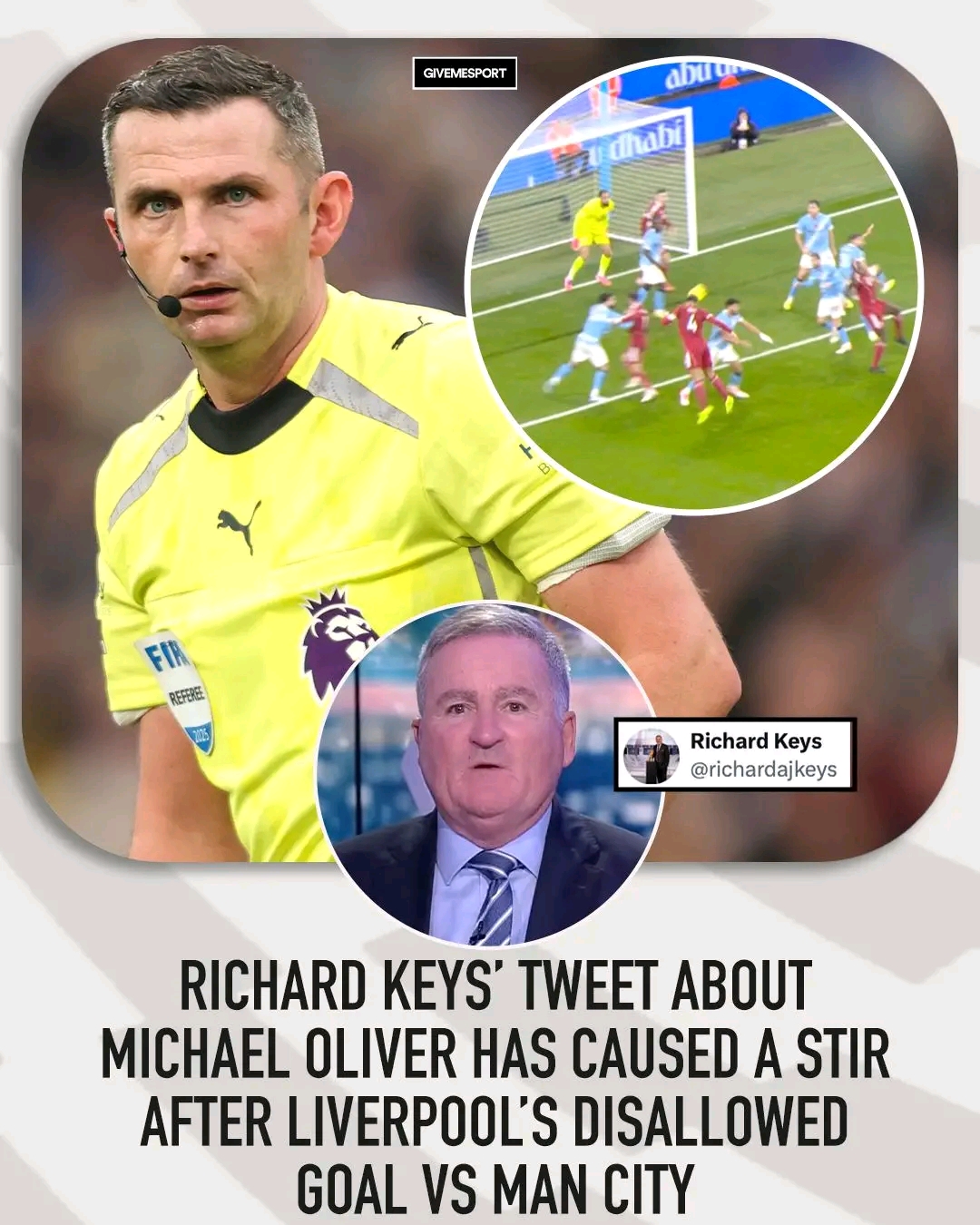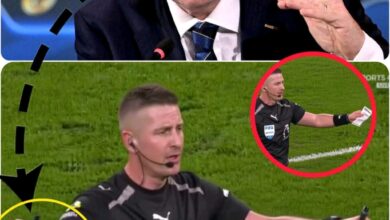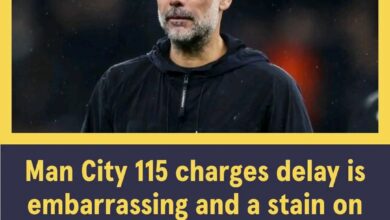Richard Keys went after Michael Oliver after the match between Manchester City

Richard Keys went after Michael Oliver after the match between Manchester City and Liverpool which ended 3‑0 on Sunday. He pointed to the disallowed goal by Virgil van Dijk, ruled out because Andrew Robertson was judged offside and interfering with play by either obstructing Gianluigi Donnarumma’s view or attempting to play the ball, although replays suggested neither was true. The decision came just before halftime, it broke Liverpool’s rhythm completely and seemed to hand City the upper hand, which they used to storm ahead. Keys said on X: “It’s amazing how often [Michael] Oliver gets caught up in a City ‘drama’. Coincidence, I’m sure — but odd.” He firmly believes this is not just a one‑off. He reminded viewers that Oliver has never sent off a Manchester City player with a straight red and that City receive the fewest yellow
cards under his watch among the big six. On top of that, Oliver once travelled to the UAE to officiate a match reportedly funded by the same group that owns City, which fuels the suspicion. Liverpool formally contacted PGMOL to put in a complaint about that disallowed Van Dijk goal, saying the criteria under Law 11 were not met, that Robertson did not obstruct the keeper or play the ball, and that the interpretation was incorrect. Some fans say even if the goal had stood City still would have been superior that day, but it’s the principle that matters. Keys also referenced a match at Anfield last year where Jeremy Doku caught Alexis Mac Allister with his studs in the chest, Oliver did not award a penalty, and Keys claimed: “He thinks he’s above reproach. VAR is a waste of time when he’s on the pitch.” Many fans echoed the idea that VAR seem afraid to challenge Oliver, not necessarily because he is right but perhaps because of the way he operates. The broader issue is one of trust. In big fixtures such as City vs Liverpool the smallest call can shift momentum and when referees repeatedly
appear in controversies, especially linked to one club, it undermines perceived fairness of officiating. Yes City were very good that day, and yes Liverpool were below par, but the feeling that the disallowed goal disrupted the match remains. The wider worry is not just that a single decision might be wrong, but that a pattern builds where one team seems to benefit and the people policing the game do not appear to hold each other to account. If VAR is meant to be a safety‑net, but is seen as ineffective when certain referees are involved, that erodes confidence in
decisions. What happens then is not just frustration from a club or their fans on one day, but a larger sentiment that the competition might not be entirely even. For clubs, that leads to distraction and resentment, it shifts focus away from performance to the perception of fairness. For referees and the league bodies it means more scrutiny and pressure, which is only going to increase in the era of global broadcast, slow‑motion replays and
social‑media verdicts. In short, Richard Keys’ criticism of Michael Oliver while triggered by one fixture is rooted in long‑standing concerns about referee accountability, VAR intervention, and the fine margins that in big games make a difference. Even if the outcome of the game is not solely decided by one call, the potential for that call to affect momentum, confidence and narrative means it cannot be overlooked.















